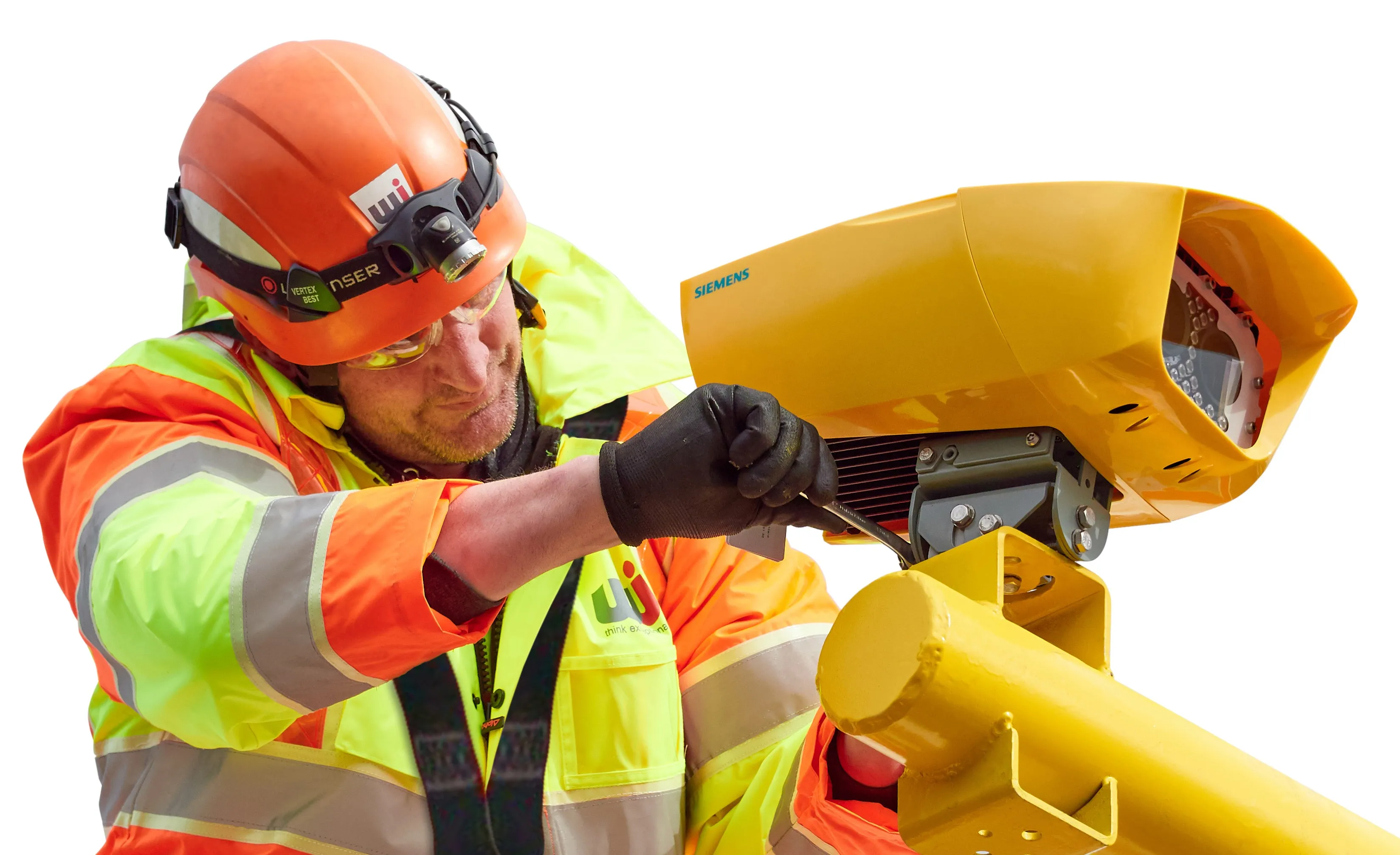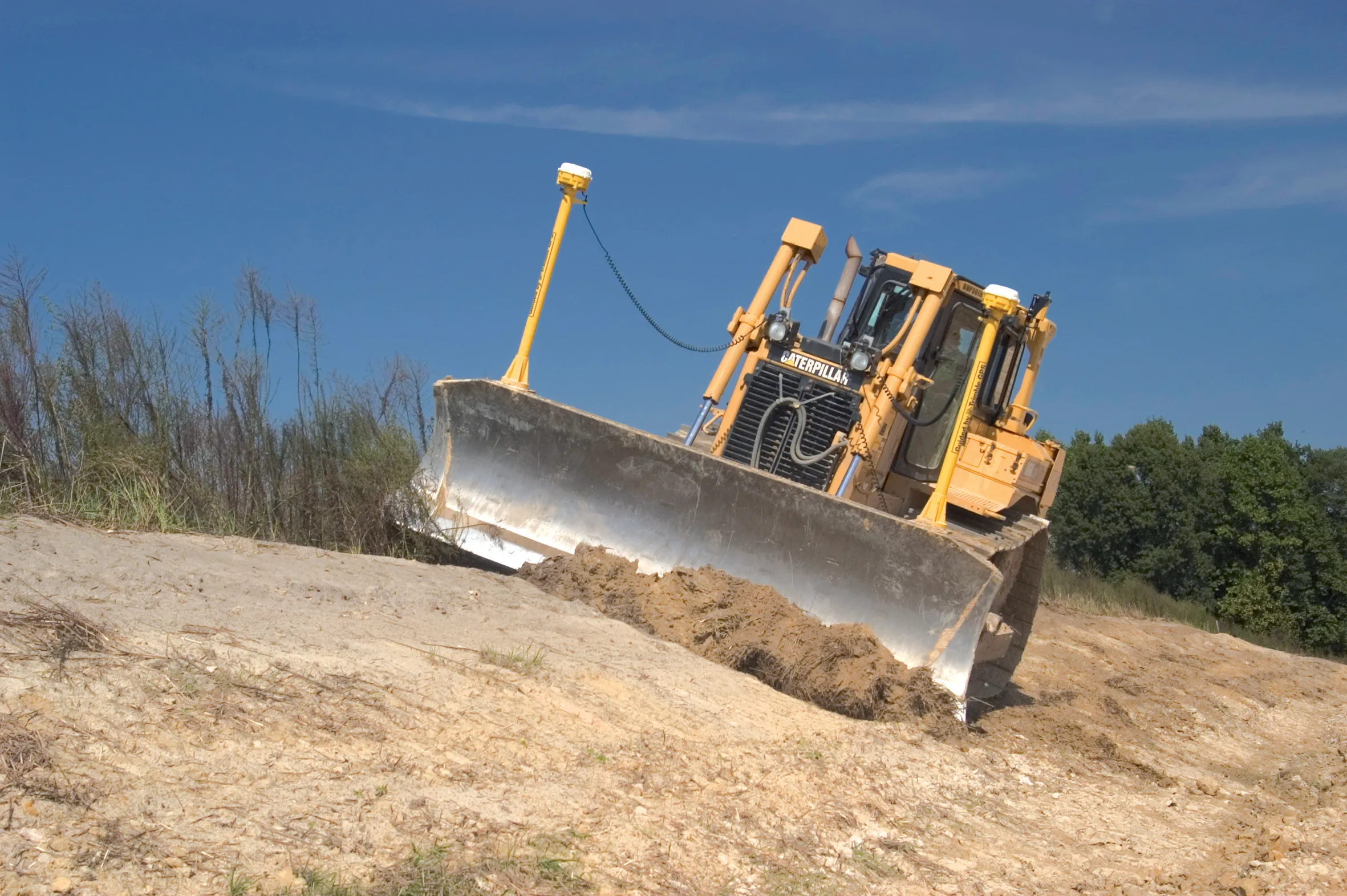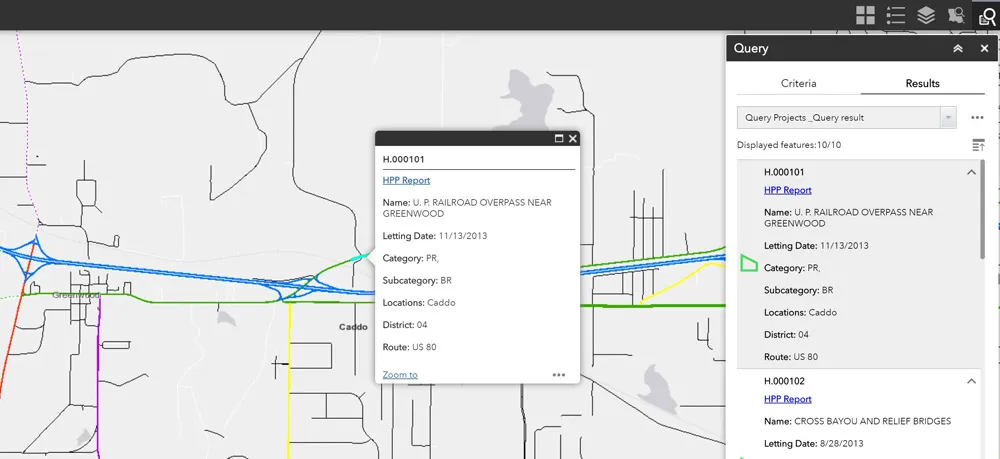
Siemens Mobility and WJ Group will work in partnership to deliver systems for temporary automatic speed cameras at road works (TASCAR) in the UK.
The TASCAR solution will be deployed to enforce mandatory speed limits and will feature Siemens Mobility’s HOTA (Home Office Type Approval) approved SafeZone system incorporating the company’s Sicore II ANPR camera.
Sicore cameras provide high-quality image quality and number plate read-accuracy so the system can process up to 2,500 fast-moving vehicles per lane per hour.
“This strategic partnership with Siemens Mobility will no doubt stimulate ideas for further road safety improvements in line with our continual drive for innovation,” said Wayne Johnston, managing director of WJ. “This is an opportunity for us to upgrade our safety enforcement cameras and better service our customers with industry leading technology.”
Deploying distance-over-time enforcement solutions at road works effectively controls traffic speed and improves traffic flow, especially where narrow lanes and contraflows impact on safety. Sicore technology uses the latest camera sensors to provide evidentially secure identification in all conditions, lending itself perfectly to this automated TASCAR enforcement solution, explained Wilke Reints, managing director of Siemens Mobility’s Intelligent Traffic Systems business in the UK.
Using police sites or Siemens Mobility’s hosted environment in the southern English town of Poole, the Evidence Retrieval and Control Units (ERCUs) will be set up to collect the data and check for speed violations between defined camera pairs, as well as the Offence Viewing and Decision Systems (OVDS) to view, verify and process offence data. Where the hosted option is used, Siemens Mobility will send secure evidence to the authorities, significantly reducing their administrative burden.







